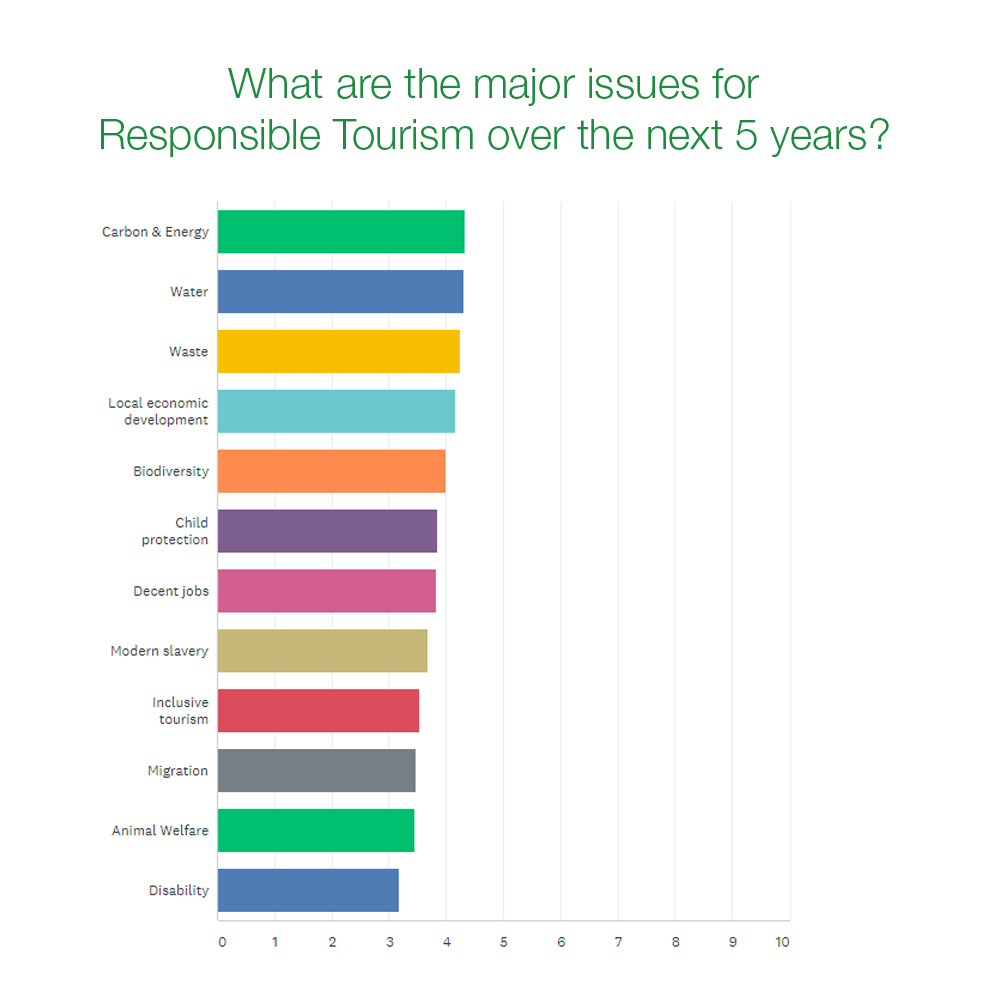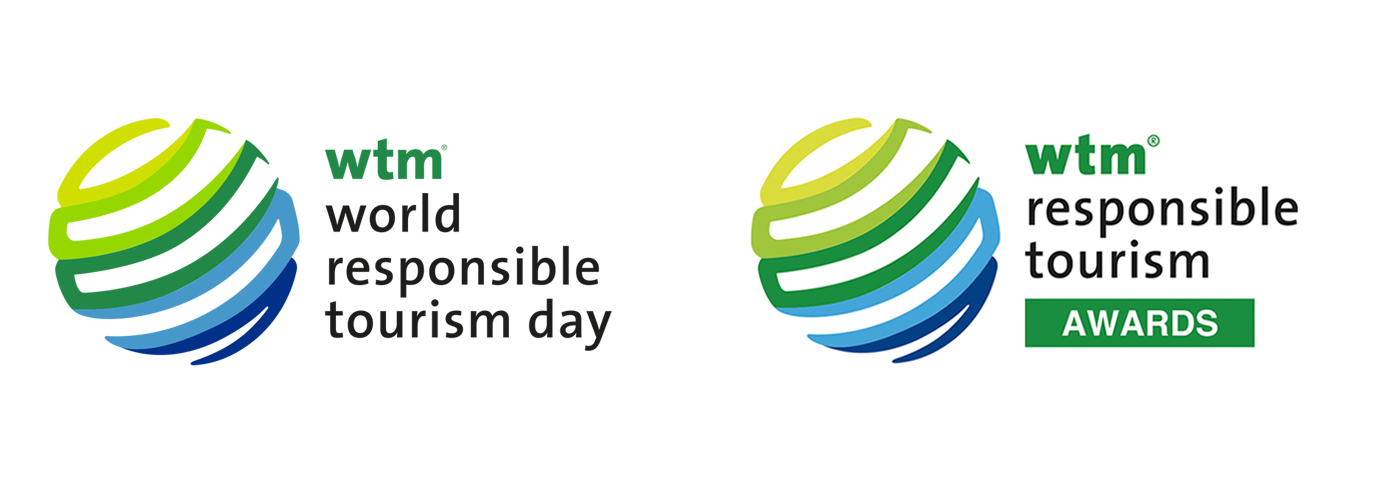Tuesday the 14th November 2007 was the first WTM & UNWTO World Responsible Tourism Day, today we are ten years on. This year at WTM London we looked back at the 15 years of Responsible Tourism since the Cape Town Declaration in 2002. Since 2004 the Responsible Tourism Awards have drawn attention to businesses, destinations and organisations which take responsibility for making tourism more sustainable. Sustainable Tourism and Responsible Tourism are not the same thing. Sustainability is an abstract aspiration impossible to define in concrete terms. Responsible Tourism is about what an individual, business or organisation does to address particular issues – it is about what we do.
The process is simple. Determine the local issues and tackle them. There are many from the evil of trafficked children in orphanages, to ensuring that the local community benefits through employment and local sourcing, reducing greenhouse gas emissions and stopping plastic pollution. Once you define what you are taking responsibility for, whether reducing negative impacts or increasing positive ones, then you can monitor, measure and report your impacts. The importance of more transparent reporting by businesses and destinations came up in several sessions not least in engaging consumers.
This year’s Responsible Tourism Awards recognised twelve leaders in Responsible Tourism all of whom were able to report and communicate their impacts. The UN’s Sustainable Development Goals, which are still new, are the focus through until 2030 and they will result in increasingly transparent reporting by governments, industry and businesses. Responsible Tourism is now widely used; the challenge is to stop its use in greenwashing – we can do that by asking what businesses are taking responsibility for and what they are achieving. Be particularly suspicious when you see Sustainable and Responsible Tourism used together as though they are the same thing – they are not, the first is mere aspiration the second is about the work needed to make a difference.

We asked our readers what they thought were the major issues confronting Responsible Tourism. Unsurprisingly top of the list was carbon and greenhouse gas emissions – sadly this was by far the least well-attended session of the 28 Responsible Tourism sessions this year. In the expert panel discussion, the priorities were identified as environmental – carbon, water and waste – and a range of socio-economic issues. One of the big challenges over the ten years of the WTM WRTD has been the increasing attention paid to the socio-economic issues as the agenda has broadened to include decent work, orphanages, trafficking and local sourcing.
Overtourism came up as an issue well beyond the Responsible Tourism programme at WTM this year. Next year’s WTM London will address the challenges of coping with success, decent work and orphanages – and we’ll try to interest more destinations and businesses in reducing greenhouse gas emissions.


